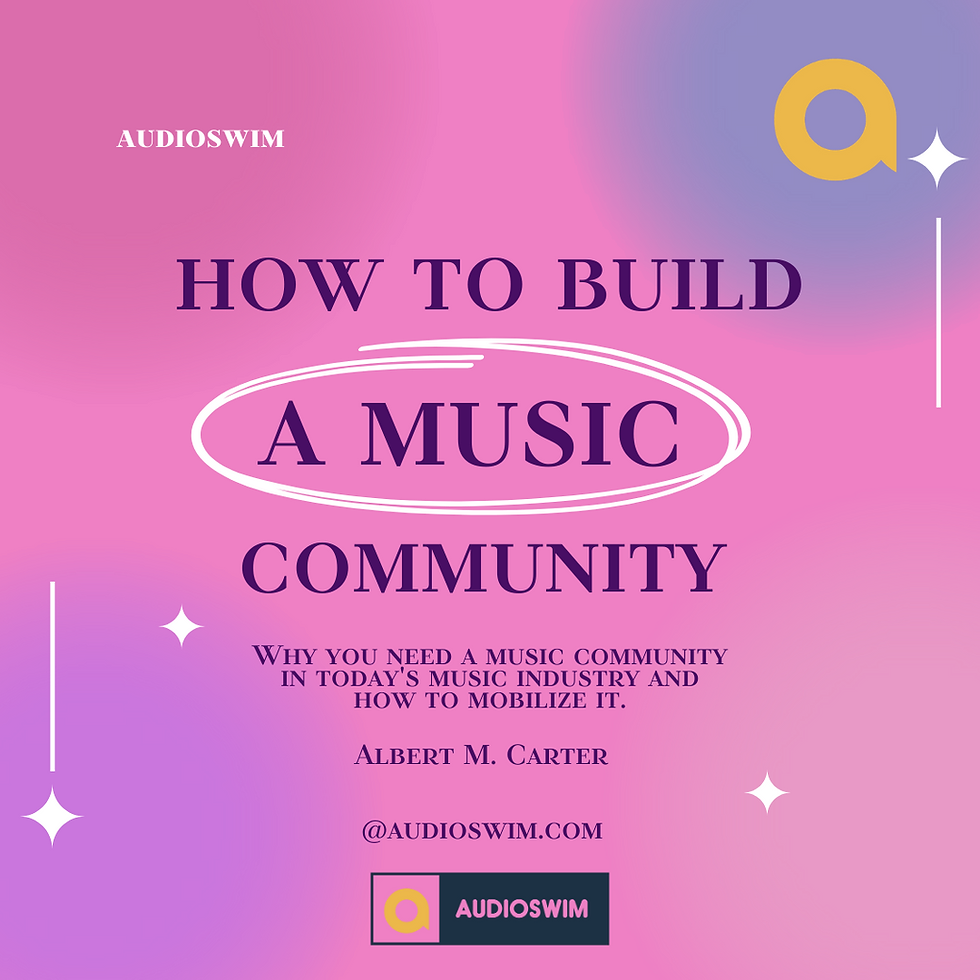Fact Vs. Fiction - Blurred Lines (Future of Education)
- Albert M. Carter, M.Ed.

- Jul 8, 2020
- 3 min read
“Education is the passport to the future, for tomorrow belongs to those who prepare for it today.” - Malcolm X
How can we prepare ourselves and our children for a future life full of revolutionary transformations? What do we teach our children to help them process what is happening around them and how to understand this new way of life? What life skills will be necessary for the future? What will help them not only survive in the future but to flourish in it?
We are living in an extraordinary time, that is constantly changing and being upgraded seemingly daily. With innovative technologies coming out at a rapid pace, we have no clue how the future may look by the time someone who was born today, graduates high school or post-secondary school. We don't know what jobs will be available, but it's predicted that almost 85% of the jobs that will be available in the year 2030 haven't even been invented yet. This is due to minute by minute inventions and the rise of Artificial Intelligence, algorithms, and Human-AI interactions. One thing that we can see is that the world is changing, and it's changing fast. So, if the world is constantly being upgraded, shouldn't we upgrade the way we teach as well?
In my generation (80’s babies stand up) and the times before, the education system was focused on cramming our brain with as much information as it could take. We were flooded with an enormous amount of data and forced to learn about what society deemed as useful. But now, with the world at our fingertips, the last thing a teacher needs to do is give students more information. Instead, we need to give our students the tools and abilities to decipher misinformation and to make sense of the information that they do receive.

Students need to be able to identify what is important and what's not as important to them and the world around them. They need to understand how not to get distracted with irrelevancies. Not only will they have to know how to figure out what information is needed, but they will also have to piece together this information to create a broader picture of this new world. They will often discover and encounter new things while trying to figure out how to apply and integrate them into their daily lives.
As the saying goes, education is the key to success. We have to remember that success is defined differently for everyone. Firstly, we need to understand that education is not simply going to school, it's not just formal education that is needed but self-education. As an avid reader, writer, and overall thinker, I'm a firm believer that our mind is easily influenced by how we grew up, things that affect us personally, what we see and what we can identify with. With social media being a primary source of how most young people (and adults) receive their news and information, one of the most important things we can do at this time is to expose them to truth. We all need to know how to become more media literate.
We live in an age where people would rather be first than be correct. This is proven by the overabundance of misinformation floating around in cyberspace, which shows that people are quick to pounce on anything they can, to be first to know about a specific subject or topic, therefore making themselves more relevant in their social circles. People tend to label statements that they agree with as factual, and statements that they disagree with as an opinion. This way of thinking has proven to not only be harmful but also in extreme cases deadly (i.e. COVID 19, HIV, vaccinations, etc.)
Misleading and misinformation can take on many forms including:
purposely fabricate information or distort the news
present opinions as fact
rely on disproven conspiracy theories
traffic in unverified claims
consist of state-sponsored propaganda
promote racism, misogyny, or homophobia
use exaggerated or misleading headlines or images as clickbait
Reference: Fake News: Understanding Media and Misinformation in the Digital Age (MIT Press, 2020)
Sometimes the misinformation that individuals find online can lead to social stigmas that plague communities, schools, views of self, and political stances. This creates a larger divide in disparities that already exist among certain segments of society.

The key to transforming the way adolescents treat and use education is to downplay the more technical skills and emphasize general purpose and life skills. Of course, you need to know technical skills, so not eliminating them, but putting a focus on what the future may look like. This can be done by teaching critical thinking, communication, collaboration, and creativity. By focusing on the 4 C's, the youth of today will learn to flourish in the world of tomorrow.




Comments